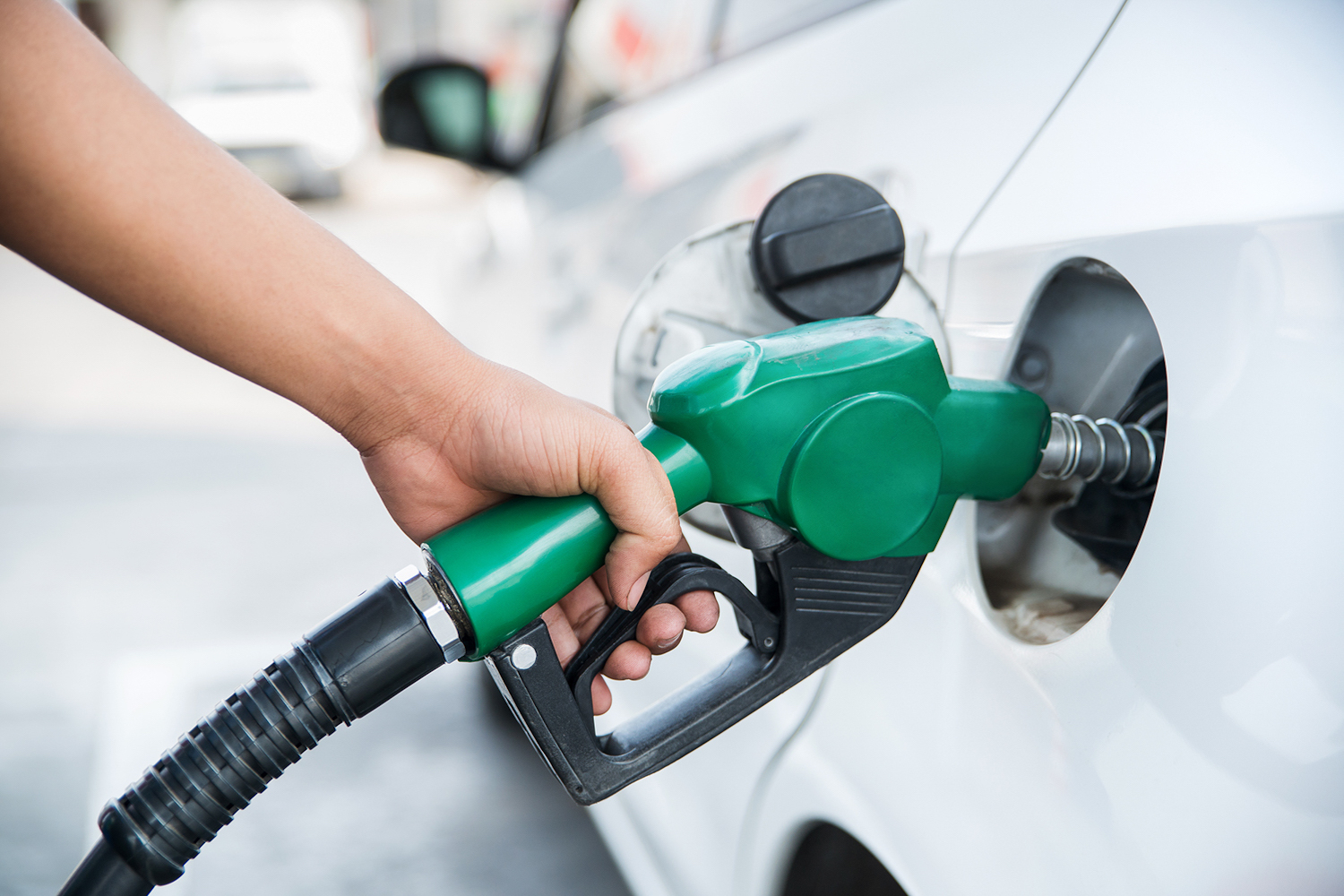The European Parliament has formally approved a law which would see petrol- and diesel-powered cars banned from sale across the European Union by 2035.
The new law requires that car-makers achieve a 100 per cent cut in CO2 emissions by 2035 which would effectively prevent them from selling combustion-powered cars across the 27 EU member states. Although the law was agreed between Strasbourg and the 27 countries last October, it still needed the official imprimatur of the parliament which voted in favour of the changes by 340 votes to 279 with 21 abstentions.
As part of the package of rule changes rubber-stamped by the parliament, emissions reduction targets for new cars sold from 2030 versus 2021 have also been significantly increased from 37.5 to 55 per cent. Although new vans must also comply with the 100 per cent emissions reduction by 2035, the target for 2030 is a 50 per cent cut compared to 2021. The moves are a big part of the EU's overall effort to achieve climate neutrality by 2050.
Will "stimulate innovation and investments"
"I am thrilled that the European Parliament endorsed the trialogue agreement reached on CO2 standards for cars and vans today," said Dutch MEP, Jan Huitema, the parliament's rapporteur on automotive emissions.
"This regulation means an ambitious revision of the targets for 2030 and a 100 per cent target for 2035, which is crucial to reach climate neutrality by 2050. These targets create clarity for the car industry and stimulate innovation and investments for car manufacturers.
"In addition, purchasing and driving zero - emission cars will become cheaper for consumers and a second - hand market will emerge more quickly. It makes clean driving accessible to everyone!"
MEPs also underlined the importance to the European manufacturing industry of embracing electric vehicles and EV production, rather than surrendering the market to American and Chinese battery- and car-makers.
"Let me remind you that between last year and the end of this year China will bring 80 models of electric cars to the international market," warned Frans Timmermans, vice-president of the EU.
"These are good cars. These are cars that will be more and more affordable, and we need to compete with that. We don't want to give up this essential industry to outsiders."
Conservative opposition
The rule changes, however, were not without opposition, with those arguing against them suggesting that not only was the automotive industry not ready, but that a ban on the sale of new combustion-powered cars could cost hundreds of thousands of engineering and manufacturing jobs across the EU.
"Our proposal is... to let the market decide what technology is our best to reach our goals," said Jens Gieseke, German MEP and a member of the centre-right European People's Party (the same parliamentary grouping in which Fine Gael sits).
Arguments from Green and socialist MEPs about the reduced running costs of electric vehicles, he said, had been rendered "null and void" by rising energy costs across Europe in the last year (it should be noted though electric vehicles remain, in the majority of use cases, significantly cheaper to run than their combustion-powered counterparts).
Some 600,000 car production jobs in Germany were at risk, said Gieseke, as a result of the ban, urging the parliament to rethink its decision and any plans to extend that decision to trucks and buses. Proposed EU legislation would see the heavy goods vehicle sector cut its CO2 emissions by 90 per cent by 2040, though those targets have yet to be negotiated or approved.
Irish response
"Today we set out a new vision for our towns and rural areas. A Europe built for people, not for traffic," said Irish Green Party MEP, Grace O'Sullivan, speaking in Strasbourg.
With around 18 per cent of Ireland's greenhouse gas emissions coming from road transport, she said, it was crucial to support the sector in transitioning away from fossil fuels.
"It's also one of the only areas where we already hold all of the keys to solve the issue at hand - strong investment in public transport, pedestrian friendly towns and affordable electric vehicles. Rural Ireland in particular should be supported as a priority.
"The current cost of living crisis has seen fossil fuel companies make the biggest profits in history on the backs of working families. We need to move towards energy independence in Ireland, including cutting our dependence on foreign oil, gas, petrol and diesel."
The rule changes will be formally signed into EU law in March.

